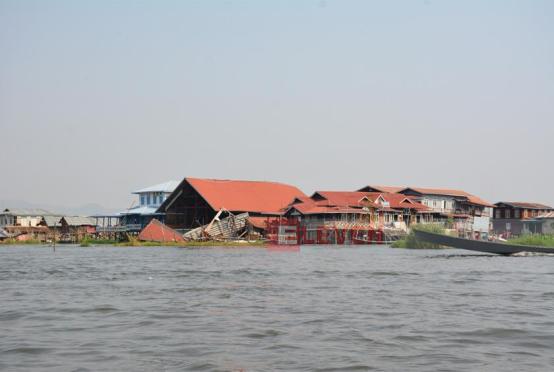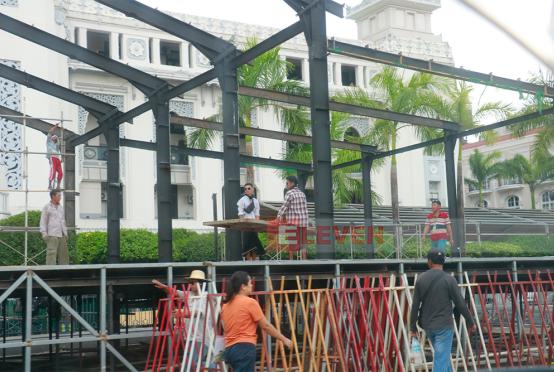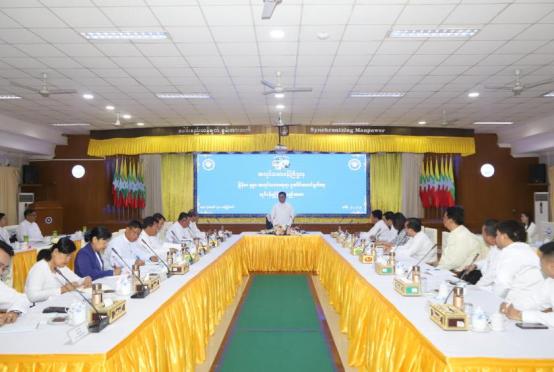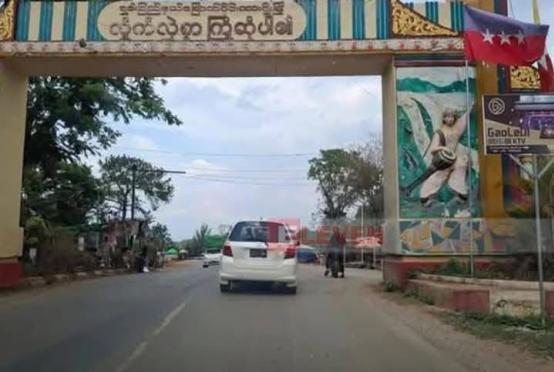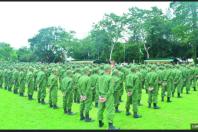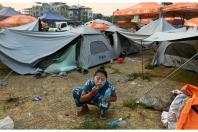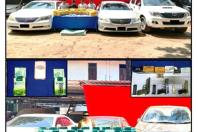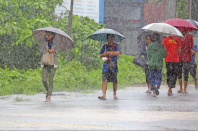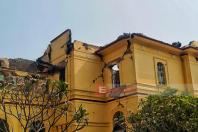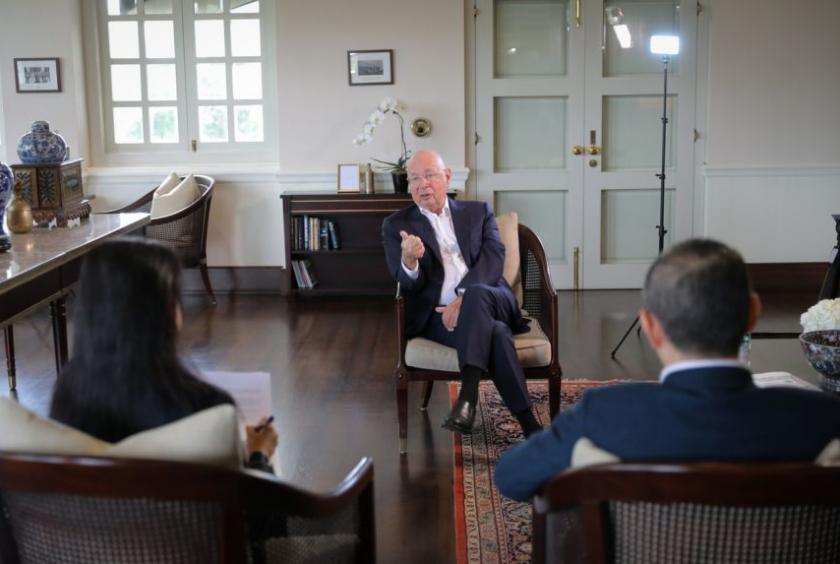
Q: Given the recent Davos Agenda week, what made you decide that there was a need to have an in-person meeting in Singapore? What are you hoping this particular meeting would achieve?
Klaus Schwab: The Davos Agenda week at the end of January was very successful. We didn't expect such a great engagement. We had four times as much media reporting about the meeting compared to our 50th anniversary. So it shows that the world really is now preparing for what I call the great reset, which means to think about what policies we need for the after corona era. We have three main tasks at the moment. First, to fight the virus, which is still a top priority in many countries. Second, we have to create recovery of our economies, but we also have to think medium term and long term; what lessons do we take out of the pandemic?
And one conclusion is that the pandemic has accelerated many developments, and at the same time has shown us certain deficiencies, which were in the system even before we entered the virus period.
With Davos week, we had to mobilise the public to create awareness of the need for a great reset. But despite all the advantages of video-conferencing, there is a need to come together in person. Video-conferencing, as we have seen, is very efficient but the emotional dimension is missing, and, at the end, to create trust, to create confidence, you need to address issues not just from a rational point of view, you need also to have the emotional feeling connected to it. So we have seen that the world is longing for coming together again, and what we plan now for the end of August probably will be the first major get-together in person on a global level, bringing together all stakeholders of global society.
But there will be one other difference between the two meetings. The Davos Agenda week was mainly to take stock, to look at long-term visions and so on, but now the forum has established numerous task forces to elaborate on more concrete proposals and those proposals will be discussed in Singapore.
The end of August is very important because the meeting here is taking place before the UN General Assembly week, it's taking place before the G-20, which will meet in October, and it's taking place particularly also before Glasgow COP26 (2021 UN Climate Change Conference). So we plan to have a major input into all those major global meetings.
But there is another reason for coming here. Because 2021 will be the first year where the GDP of Asia, in terms of purchasing power, will exceed quite substantially the GDP of the rest of the world. So it's also a kind of demonstration of the geopolitical and geo-economic importance this region has acquired over the last decades.
And I also feel that when we look at the power centres in the world, we usually speak rightly so about China and the US, maybe Europe, but actually the Asean region is fundamentally the fastest-growing region in the world. It represents a size which is larger than Europe in terms of population. So it's also, how shall I say, a reference to the new political and economic situation which we have in the world.
Q: On the topic of the reset for the globe, one of the biggest relationships that is in need of a reset would be that between the US and China. Do you see the conference playing a role in helping to bring about that reset, and if so, how?
A: We hope so. The forum traditionally has excellent relations with the United States. The first president who addressed the Davos audience was president Ronald Reagan, and since that time, we had strong cooperation with the government but also with the business community, of course. But we also have really strong cooperation with China. So we have relationships with the two countries. And of course, to respond to your question, I hope for a very strong and high-level participation from those two countries.
Q: So, you'll be inviting the two leaders from those countries?
A: Of course, we will.
Q: What do you hope will be the outcome of this meeting in August?
A: The forum is not a decision-making body, and what we want to do is to look longer term. International organisations, governments usually have a tendency, under pressure, of course, of elections and so on, to look short term. We do not want to decide about policies, but to provide a longer-term policy framework, which is integrating the different dimensions, of different walks of life, different stakeholders, but we're also interdisciplinary, integrating different political, technological, social aspects and so on.
Q: What are the key issues you will focus on?
A: There are three big issues which stand out, for me personally. The first one, of course, is climate change because we have this important COP26 meeting, and if it becomes a failure, then I think people will lose hope in our capability to do something about climate change.
Because, until now, of course, we have the Paris Agreement. But the general feeling is that temperatures are rising, we see it with sea temperatures rising, but nothing is really done.
And it needs commitments from a government level but also from a business level. I have written a letter to all our partners, signed together with the chair of the (World Economic Forum's) international business community, Brian Moynihan, who is head of the Bank of America, where we asked our partner companies to commit to be carbon neutral by 2050, but not just to make a commitment, but to come up with an action plan in the next two years.
So, climate change because this region is probably the most exposed in terms of climate change, rising sea levels and so on.
The second one, you may remember, I have written in 2015 a book on the Fourth Industrial Revolution and I coined this notion. According to the forum's research, half of the working force has to undergo upskilling and reskilling if it wants to be employable at the end of this decade. So, we need a tremendous reskilling and upskilling effort, particularly of low-skilled workers because the occupations, the jobs, will be replaced by robots, artificial intelligence and so on. So they have to upskill. And we have this project of upskilling one billion people in 10 years. It's a very concrete project where we work together with companies like Amazon and many of the tech companies to provide the necessary skills training. That's number two.
Number three is food security.
And, of course, most important is that we come back, I use again the word "resetting"- that we reset the political context inside which we address all those issues.
The last few years have been very much characterised by confrontation. We need, even if there's fierce competition, as President (Joe) Biden has expressed, a collaborative spirit in those areas where we have a common interest, such as fighting climate change, making sure that we have no food shortage and so on.
I think where we have a common interest, we have to create much more collaboration again. And this collaboration, ideally, integrates all stakeholders. And here, the importance of the annual meeting is evident again.


